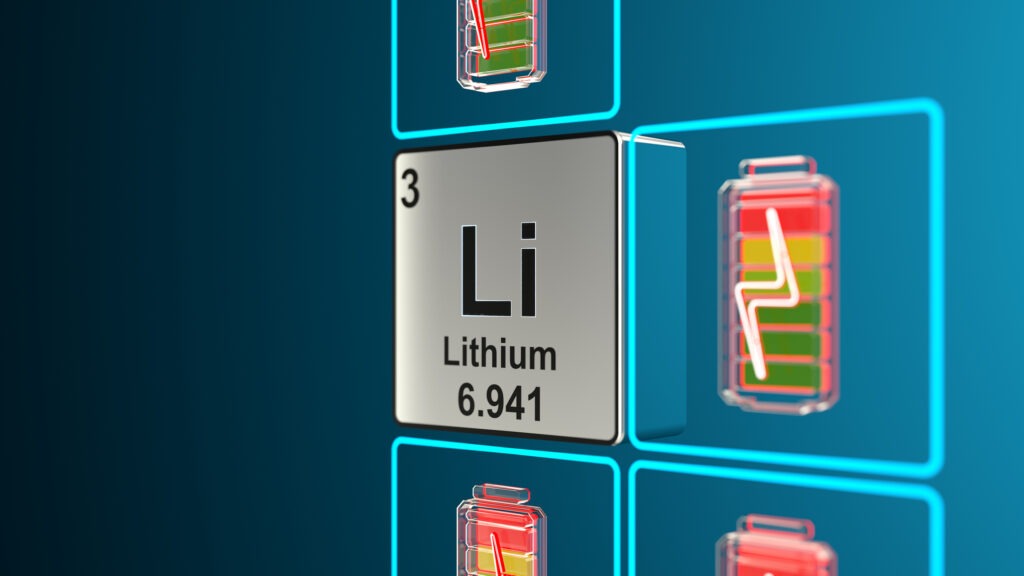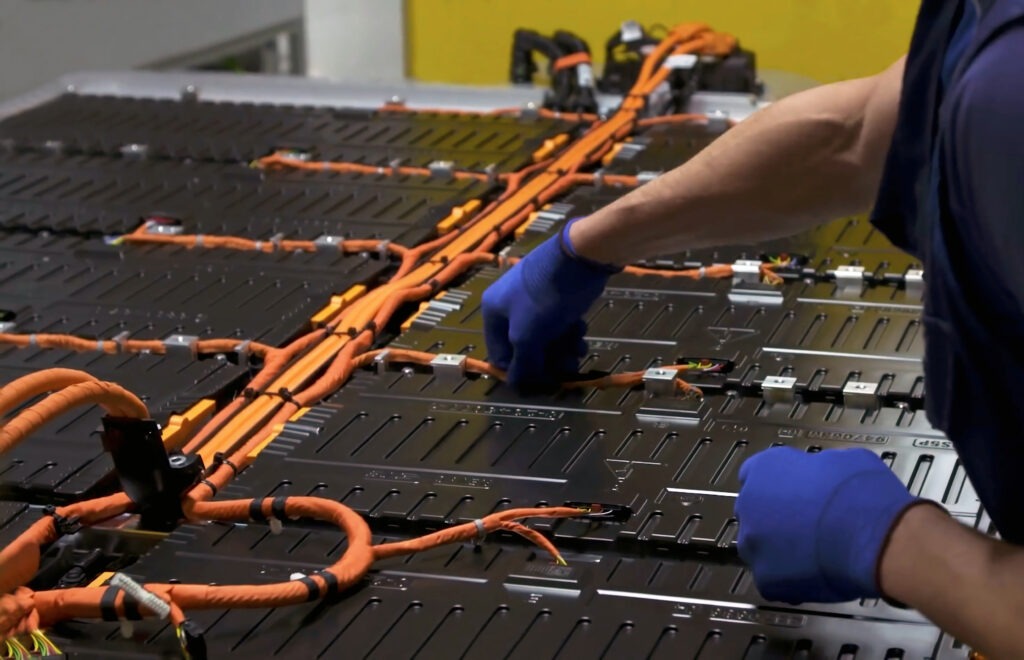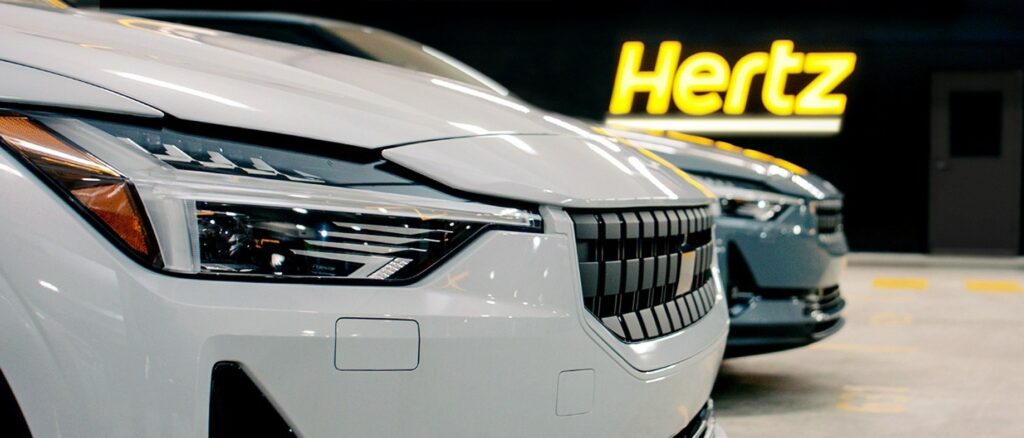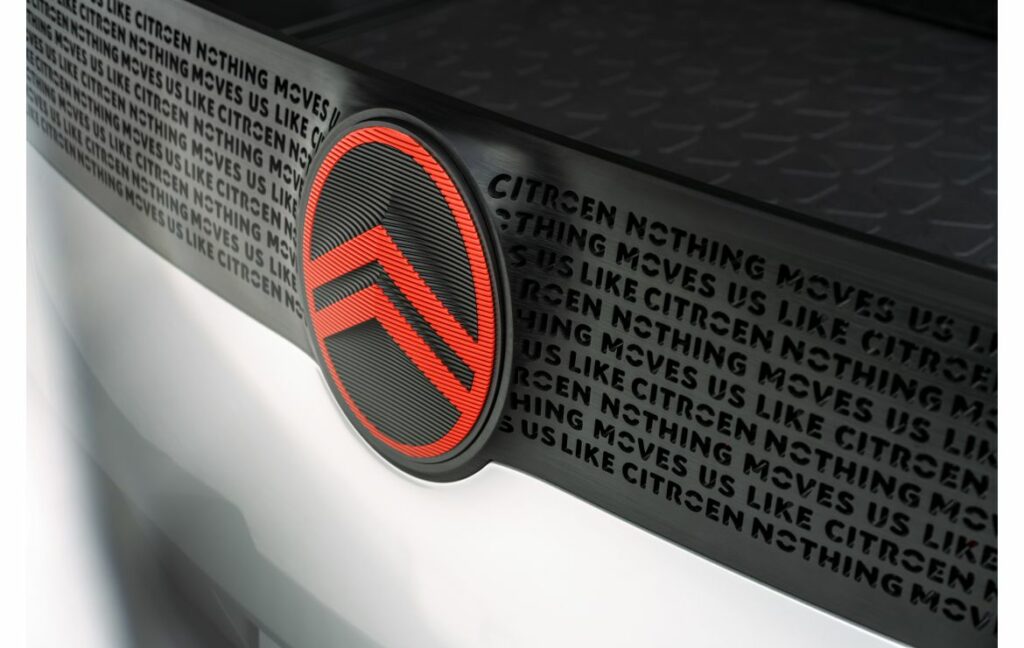European carmakers race to source and secure lithium for electric-vehicle batteries
03 November 2022

Lithium is in high demand, and car manufacturers are racing to secure supply in line with their challenging electrification goals. As a key component in electric-vehicle (EV) battery packs, the light metal is often described as ‘white gold’, with lithium prices surging this year.
In May, prices were seven times higher than at the start of 2021. Then by mid-October, industry observers noted that the cost of lithium hit an all-time high in China. The country is a dominant force in the expanding EV-battery market, producing three-quarters of all lithium-ion batteries – something that Europe wants to change as it shifts its focus to electromobility.
More important than fossil fuels
European Commission president, Ursula von der Leyen, recently pointed out that lithium and rare earth elements (REEs) will soon become more important than oil and gas. More than a hundred industrial battery projects are currently in development across the EU, including gigafactories to produce battery cells.
While plans are in place to source more lithium in Europe to support these projects, supply of the metal is expected to remain tight. This is mainly due to the rapid increase of EV sales across major markets, putting a strain on battery supply chains.
The International Energy Agency reported that worldwide sales of EVs doubled year on year in 2021, reaching a record of 6.6 million. The organisation projects further growth for 2022, meaning the pressure is on for carmakers and battery suppliers to source enough battery materials.
The automotive industry is bracing itself for a shortage of lithium. A recent report by Benchmark Mineral Intelligence highlighted that the world would need more than twenty times the amount that was mined last year to meet demand by mid-century. Although carmakers are aiming to cut the amount of REEs in electric vehicles, this shift is not going to happen overnight.
‘The long-term path for lithium is set, yet the supply-chain scaling challenge has just begun. We are just at the beginning of a generational challenge, not one that is going to be solved in the 2020s,’ said Simon Moores, chief executive of Benchmark.
Localising lithium supply
Leading European carmakers, from Volkswagen to Stellantis, are in a rush to secure a supply of lithium. Aiming to go all electric by 2030 where market conditions allow, Mercedes-Benz is also establishing new raw-material collaborations.
The German luxury brand recently signed an agreement with startup Rock Tech Lithium to receive 10,000 tonnes of battery-grade lithium hydroxide a year, enough to build 150,000 electric vehicles.
‘This significant amount of lithium sourced directly from Rock Tech will help Mercedes-Benz to advance localisation of European production of state-of-the-art battery cells,’ said Markus Schäfer, member of the board of management of Mercedes-Benz Group.
Its new partner Rock Tech hit the headlines last year, when it announced plans to build Europe’s first lithium-converter plant in Germany, close to Tesla’s gigfactory. As part of the deal, Rock Tech will provide battery-grade lithium hydroxide to Mercedes-Benz battery partners from its plant in Brandenburg, starting in 2026. Mercedes-Benz said that this move would help it localise sourcing.
Both companies want to make the production of lithium hydroxide CO2 neutral by the end of 2030. This means only sourcing the metal from mines that have been audited by the Initiative for Responsible Mining Assurances – an organisation that other car manufacturers like BMW, Ford, Tesla, and Volkswagen have also joined.
Ambitious plans
Another venture, led by French minerals giant Imerys, is dedicated to developing a lithium extraction project that could help secure supply for Europe’s growing EV market. The company said it is looking to produce 34,000 tonnes of lithium hydroxide annually from 2028, which could equip 700,000 EVs a year.
Described as a game-changer, the project will be based in the heart of France and could be one of Europe’s largest lithium-mining projects. Imerys foresees at least 25 years of mining, ‘with strong extension potential.’
The project would increase European self-sufficiency at a time when vehicle and battery manufacturers are heavily dependent on imported lithium. Imerys added that the construction capital expenditure of the project will be around €1 billion.
‘The project would provide a competitive, domestic source of lithium supply for French and European carmakers and would make a major contribution to meeting the challenges of the energy transition,’ said Alessandro Dazza, CEO of Imerys. When asked by Autovista24 whether it is looking to forge relationships with car manufacturers outside of France, the company declined to comment.
The plans are ambitious, with the company having to ensure its proposed project will not be as destructive to the environment as traditional mining methods. Imerys promised it would aim for lower CO2 emissions from its operations, targeting less than half of the carbon emissions typically associated with hard-rock lithium projects.
This is important as mining for lithium continues to evoke environmental criticism. Earlier this year, Serbia ended Rio Tinto’s multi-billion lithium project in the country, following weeks of protests. The deal could have been one of the biggest of its kind in Europe, and Imerys may now fill that spot.
Given the volatile prices of raw materials over the past year, Europe will have to ramp up the mining and refining of lithium. Carmakers, meanwhile, will have to keep forging more partnerships with companies in the mining industry to stabilise supply chains and produce EVs.



